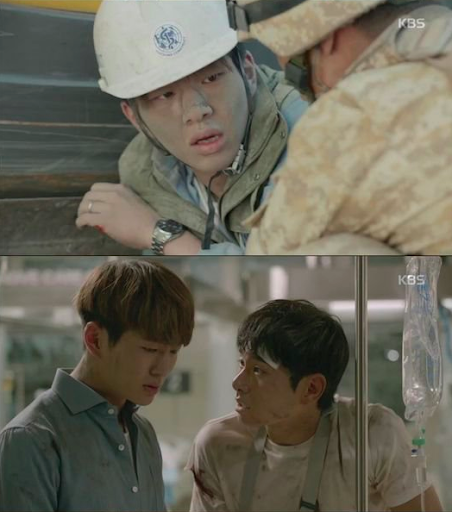
This Korean drama series is a hit in Asia. It is an excellent show where scenes with moral dilemmas are frequently shown, especially that the main characters’ ideologies differ: one is a doctor and the other is a soldier. In this scene, a 6.7 magnitude earthquake hit their current location, Uruk. The doctors and soldiers stationed in the UN Medicube were tasked for the rescue and retrieval operation in the near construction plant. When most of the workers in the plant were rescued and when it was safe enough to secure an entry in the buried control room, they ventured their operation into the abyss of destruction. A doctor named Chi Hoon ( the one with the helmet) was able to detect and see a survivor (the wounded person in the second picture) buried under some glass. Chi Hoon tried to reach for the survivor’s hand to lift him , but to no avail it didn’t work - but he kept trying! Along with that, another tremor was felt (which is by the way caused by the excavator of the greedy plant supervisor) and with Chi Hoon panicking, he ran to a safe place outside, leaving the hopeful survivor buried deeper because of the tremor - once again. The doctor was guilty for leaving a patient in danger.
Ethical egoism is seen on this scene. This principle states that whatever maximizes one’s personal good is right. Chi Hoon just did the right thing, according to this principle, since saving himself is good. He also stated his reason why he acted selfishly in that scene, he told her close friend that he is an expecting father so he couldn’t afford to die (if ever). If I were the doctor in that situation, I would have also acted based on the ethical egoism, probably because of the fear being subjected in that situation and also the family waiting for me to come back home alive. We all practice egoism almost everyday, like not helping a friend because you also have urgent things to face; and I think these acts are acceptable because it is for yourself. #SelfCare to both examples. People on the other end will also understand your choice of actions, just like what the survivor did to the doctor, they cannot blame you for doing what is the best for yourself.
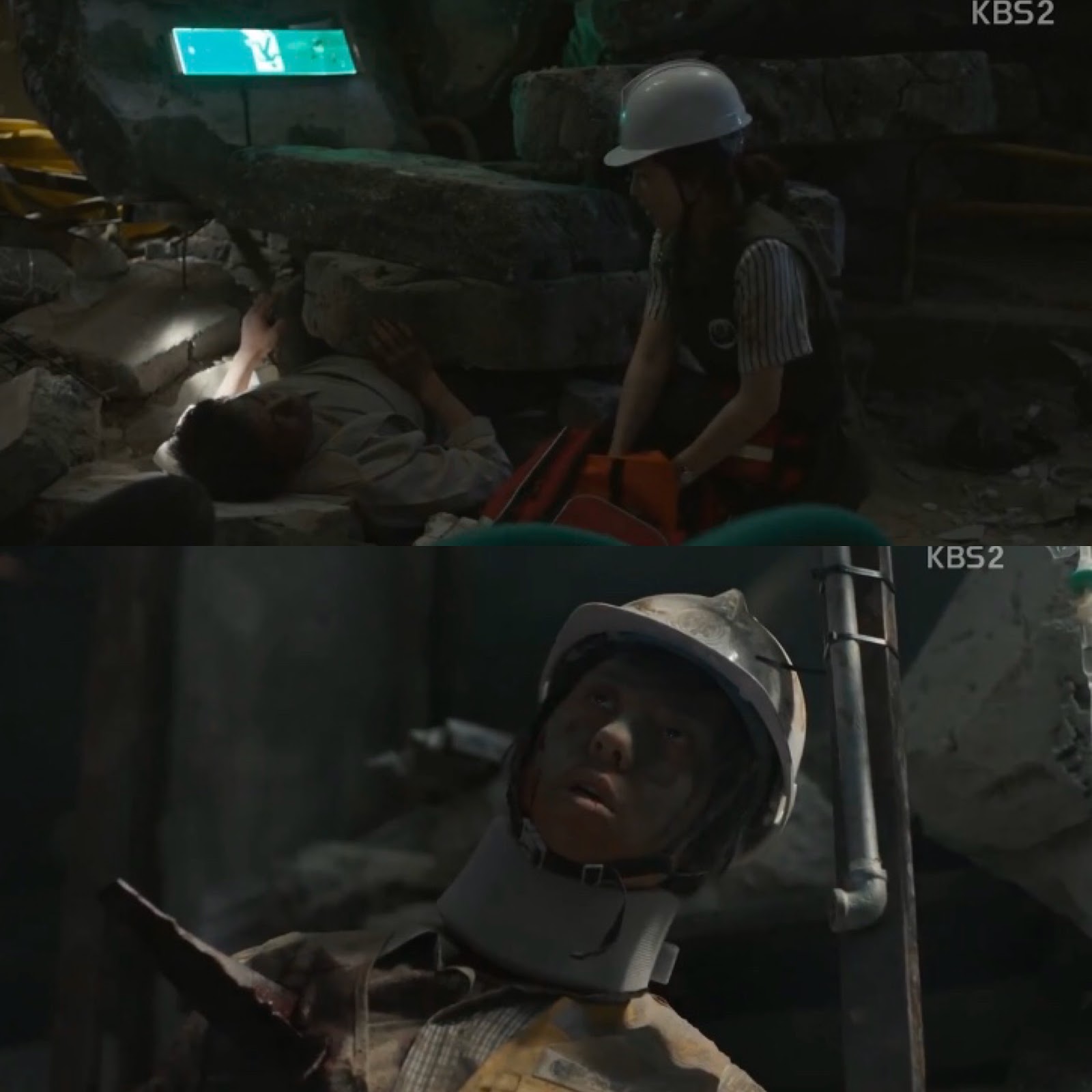
Just like what I have said that this drama has many scenes with moral dilemmas, I am not kidding; so here’s another scene from the Earthquake scenes. This scene was before the rescue of the survivor mentioned beforehand (he was the last one to be rescued). There are two survivors in this scene: (1) on the top is Manager Go, he is the Korean plant manager who is around 70 years old, his lower body is buried under pieces of concrete weighing around 100 pounds and necrosis or the death of body tissues has already occurred in the lower body; (2) an Uruk national plant worker in his mid 20s has a slab of steel pierced through his body, luckily missing his heart and spine, he was also pleading the rescuers to save him because it hurts too much. Now, the situation is pretty simple: lift the boulder to free Manager Go as well as cut the iron blade through the worker's body to detach it , and have it surgically removed from his body. This is when the moral and medical dilemma enters, the company commander explains to the consulting doctor (the woman in the helmet) that the mechanisms(i.e. the connection of concrete, irons in the building) to rescue these two survivors are interconnected: when they cut the iron blade, it will hold off the support and heavier concrete will fall on Mr.Go’s body; if the boulder was lift to free Mr.go, the iron blade will then slash through the body of the worker and he will eventually die. After hearing this explanation, the doctor was hit by realization that she has to save only one patient and that the rescuers need immediate medical decision. She was shocked and emotional that she asked the soldier to give her another 5 minutes to re-assess or talk to the two survivors.The Principle of Double Effect is exhibited here. The doctor first go to Manager Go which is very quick to assess what is going on, he then proceeds to tell about how beautiful the sky and the doctor is, that he already made his 3 children finish college and he has sent a lot of time with this wife, and that he is very happy and feels accomplished with this life; he referred to the man slashed with blade, stating that he has 3 children. After that, he ended his statement by a request: for the doctor to call his wife on his behalf and tell her “I love you”. Now the good result here is that one of them gets to survive while the other dies. None of them would have wanted a dead body and the doctor felt that she was not a god to just decide who gets to live. The scene ended by the rushing of doctors to put the man with an iron blade in the surgery room, and putting the ID on the chest of Manager Go then zipping up his body in a bag. Now the unintended bad effect here is the death of Mr. Go while the good result was they get to save a patient; based on the principle of double effect, it is morally right (permissible) to cause harm as a side effect (or “double effect”) of bringing about a good result. I would also have to agree with the decision, even though it hurts to see a caring character die: almost his whole body tissues are already dead and he is already old to survive treatments plus I think it was also his wish to save the other man since that man still has family to feed. This was really a tear-jerker scene and this drama is superb.


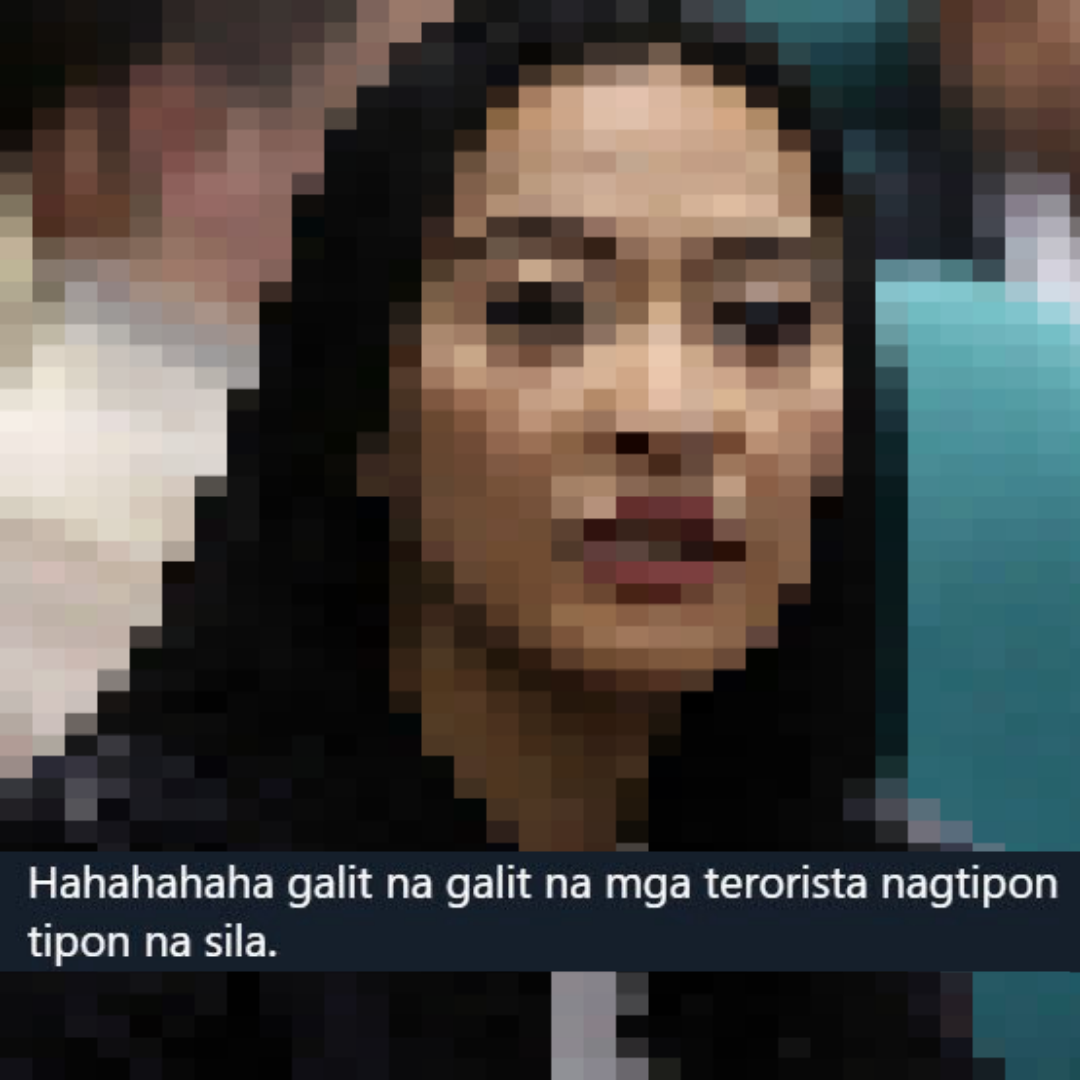
 Back in October, there were talks that legal actions were to be made against Doc Adam, a famous doctor on Youtube. The reason? Doc Adam criticizing false medical practices such as the advice that garlic is the cure for cancer and a cabbage compress helps alleviate the swelling. Another problem is the spread of fake news. For example, a certain someone saying that activists are terrorists and where an image is being manipulated to include a hammer and sickle logo. Rationality should continue to persist even at the threat that universal objective truth cannot be unearthed because of the deeply ingrained presumptions, beliefs, and relativism.
Back in October, there were talks that legal actions were to be made against Doc Adam, a famous doctor on Youtube. The reason? Doc Adam criticizing false medical practices such as the advice that garlic is the cure for cancer and a cabbage compress helps alleviate the swelling. Another problem is the spread of fake news. For example, a certain someone saying that activists are terrorists and where an image is being manipulated to include a hammer and sickle logo. Rationality should continue to persist even at the threat that universal objective truth cannot be unearthed because of the deeply ingrained presumptions, beliefs, and relativism.
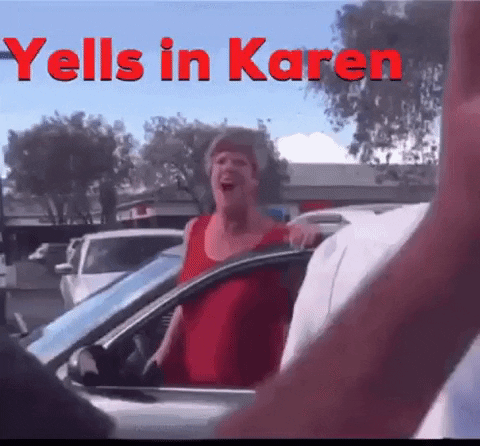 In discerning the information found online especially on social media platforms, one must somehow think like Descartes:The internet is a big fruit basket! Hear me out, every post seen is somehow like a fruit. Now the task is to nit-pick the rotten fruit and separate them from the fresh ones. To be irrational is to be ignorant of the existing facts that are presented therefore ignoring the sign of the decay of the fruit. For example, let’s say that there is overwhelming evidence against a certain public official who violated the quarantine guidelines, and if one ignores the evidence validating it, they are being irrational. Another example of irrationality is being a Karen, In America, some people refuse to wear a mask. (Maybe they are Empiricists since they have yet to experience the effects of Covid-19 and therefore refuse to believe that a pandemic exists.)
In discerning the information found online especially on social media platforms, one must somehow think like Descartes:The internet is a big fruit basket! Hear me out, every post seen is somehow like a fruit. Now the task is to nit-pick the rotten fruit and separate them from the fresh ones. To be irrational is to be ignorant of the existing facts that are presented therefore ignoring the sign of the decay of the fruit. For example, let’s say that there is overwhelming evidence against a certain public official who violated the quarantine guidelines, and if one ignores the evidence validating it, they are being irrational. Another example of irrationality is being a Karen, In America, some people refuse to wear a mask. (Maybe they are Empiricists since they have yet to experience the effects of Covid-19 and therefore refuse to believe that a pandemic exists.)

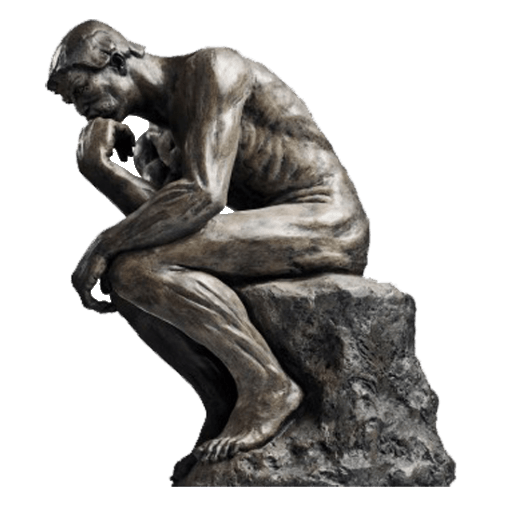
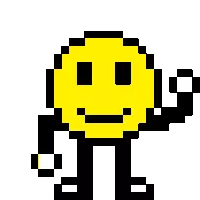

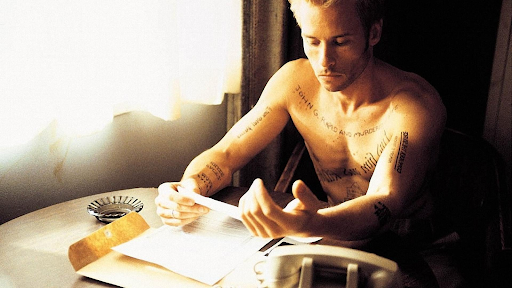 Memento has two storylines: one moving forward, and the other moving backward, revealing bits and pieces of the narrative for viewers to piece together—akin to the experience of the film’s protagonist, Leonard Shelby. After an incident that resulted in the murder of his wife, he developed anterograde amnesia, which left his memory before the incident intact but left him with the inability to form new memories. With quite the handicap, he relies on the notes and polaroids he leaves as clues for himself as he attempts to hunt down the escaped assailant, going as far as tattooing the details he deems most important on his own body.
Memento has two storylines: one moving forward, and the other moving backward, revealing bits and pieces of the narrative for viewers to piece together—akin to the experience of the film’s protagonist, Leonard Shelby. After an incident that resulted in the murder of his wife, he developed anterograde amnesia, which left his memory before the incident intact but left him with the inability to form new memories. With quite the handicap, he relies on the notes and polaroids he leaves as clues for himself as he attempts to hunt down the escaped assailant, going as far as tattooing the details he deems most important on his own body.
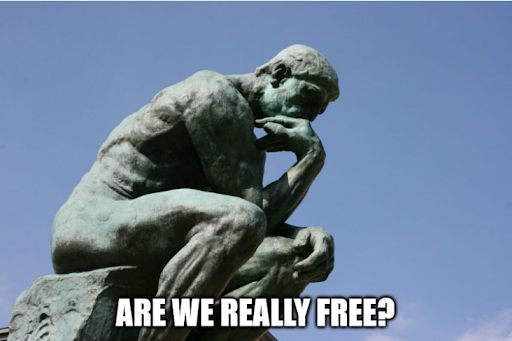
 This Korean drama series is a hit in Asia. It is an excellent show where scenes with moral dilemmas are frequently shown, especially that the main characters’ ideologies differ: one is a doctor and the other is a soldier. In this scene, a 6.7 magnitude earthquake hit their current location, Uruk. The doctors and soldiers stationed in the UN Medicube were tasked for the rescue and retrieval operation in the near construction plant. When most of the workers in the plant were rescued and when it was safe enough to secure an entry in the buried control room, they ventured their operation into the abyss of destruction. A doctor named Chi Hoon ( the one with the helmet) was able to detect and see a survivor (the wounded person in the second picture) buried under some glass. Chi Hoon tried to reach for the survivor’s hand to lift him , but to no avail it didn’t work - but he kept trying! Along with that, another tremor was felt (which is by the way caused by the excavator of the greedy plant supervisor) and with Chi Hoon panicking, he ran to a safe place outside, leaving the hopeful survivor buried deeper because of the tremor - once again. The doctor was guilty for leaving a patient in danger. Ethical egoism is seen on this scene. This principle states that whatever maximizes one’s personal good is right. Chi Hoon just did the right thing, according to this principle, since saving himself is good. He also stated his reason why he acted selfishly in that scene, he told her close friend that he is an expecting father so he couldn’t afford to die (if ever). If I were the doctor in that situation, I would have also acted based on the ethical egoism, probably because of the fear being subjected in that situation and also the family waiting for me to come back home alive. We all practice egoism almost everyday, like not helping a friend because you also have urgent things to face; and I think these acts are acceptable because it is for yourself. #SelfCare to both examples. People on the other end will also understand your choice of actions, just like what the survivor did to the doctor, they cannot blame you for doing what is the best for yourself.
This Korean drama series is a hit in Asia. It is an excellent show where scenes with moral dilemmas are frequently shown, especially that the main characters’ ideologies differ: one is a doctor and the other is a soldier. In this scene, a 6.7 magnitude earthquake hit their current location, Uruk. The doctors and soldiers stationed in the UN Medicube were tasked for the rescue and retrieval operation in the near construction plant. When most of the workers in the plant were rescued and when it was safe enough to secure an entry in the buried control room, they ventured their operation into the abyss of destruction. A doctor named Chi Hoon ( the one with the helmet) was able to detect and see a survivor (the wounded person in the second picture) buried under some glass. Chi Hoon tried to reach for the survivor’s hand to lift him , but to no avail it didn’t work - but he kept trying! Along with that, another tremor was felt (which is by the way caused by the excavator of the greedy plant supervisor) and with Chi Hoon panicking, he ran to a safe place outside, leaving the hopeful survivor buried deeper because of the tremor - once again. The doctor was guilty for leaving a patient in danger. Ethical egoism is seen on this scene. This principle states that whatever maximizes one’s personal good is right. Chi Hoon just did the right thing, according to this principle, since saving himself is good. He also stated his reason why he acted selfishly in that scene, he told her close friend that he is an expecting father so he couldn’t afford to die (if ever). If I were the doctor in that situation, I would have also acted based on the ethical egoism, probably because of the fear being subjected in that situation and also the family waiting for me to come back home alive. We all practice egoism almost everyday, like not helping a friend because you also have urgent things to face; and I think these acts are acceptable because it is for yourself. #SelfCare to both examples. People on the other end will also understand your choice of actions, just like what the survivor did to the doctor, they cannot blame you for doing what is the best for yourself.

